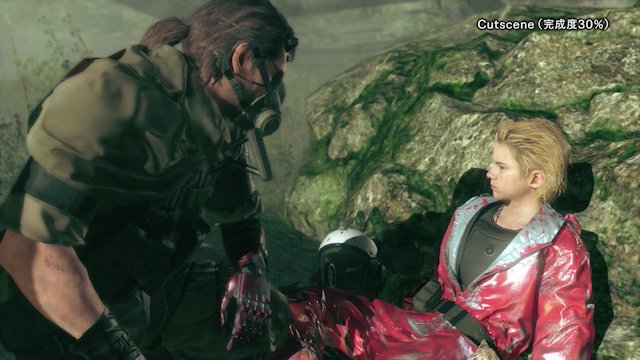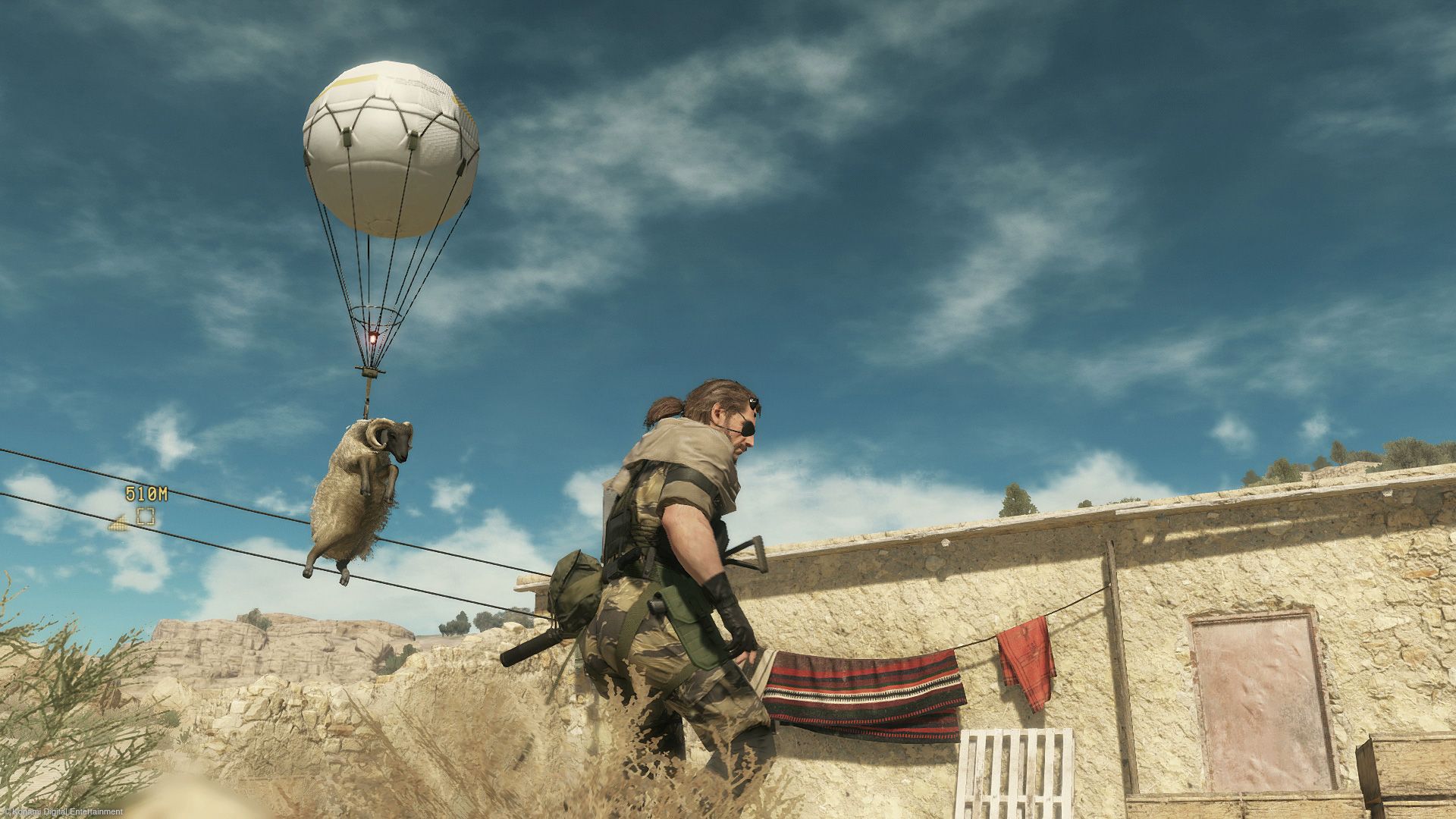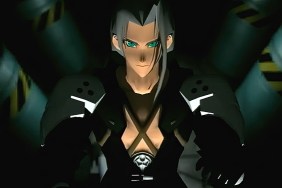It’s not uncommon for a new entry in a beloved series to be divisive but Metal Gear Solid V: The Phantom Pain took it to the extreme. Due to a highly publicized split between auteur Hideo Kojima and Konami, it was well known that the game wasn’t completely finished when it launched and it certainly shows in the back half of the experience. But it wasn’t alone as Kanye West’s The Life of Pablo, which released shortly afterward, echoed Metal Gear Solid V as it was his most divisive album. And these masterpieces are linked in more ways than one.
Brilliantly described as “a gospel album with a whole lot of cursing on it,” the album jumps around not just sonically but thematically. Some tracks sound like they wouldn’t be out of place of an experimental drill album while others involve beautiful black choirs. Considering how open West has been about his mental health struggles, these drastic shifts manage to showcase different sides of a complex individual.
Similar to The Phantom Pain, the release of West’s album was equally marred by the corporate pressures of commercial art and a difficult production that saw several versions of the album scrapped entirely. Since his record company decided to make the album an exclusive to the streaming service Tidal, many fans were upset that they couldn’t just purchase it normally or stream it on their preferred services.
Fed up with all of the nonsense, West remarked, “We all gon’ be dead in 100 years. Let the kids have the music.” The pressures to release the album also led to several issues with the finished product, as several tracks had mixing issues and missing features. Infamously, it became one of the first musical albums that was updated similarly to a game, as an extra song, mix changes, and other tweaks were made after release.
Thematic similarities

Beyond their troubled and incomplete release states, both The Phantom Pain and The Life of Pablo have similar narratives throughout. Both of the stories revolve around identity and the sacrifices one must make to achieve something, as Venom Snake has to come to grips with no longer being his own self and West struggles with the realities of fame and being unable to trust even his own family.
After lamenting being used by nearly everyone around him, West takes the blame for his situation during the chorus of “Real Friends.” In an almost defeated voice, he asks a rhetorical question, “I guess I get what I deserve, don’t I?” A similar acceptance of sin takes place during MGSV‘s ending as Venom Snake accepts his inevitable death and all the damage he had done in following the plan of Big Boss.
Neither piece of art romanticizes the person central to it. West tackles his emboldened sense of self both playfully (“I Love Kanye”) and seriously throughout the album, and isn’t afraid to show his more egomaniacal tendencies. Meanwhile, Metal Gear Solid V is essentially a deconstruction of the heroic qualities of Big Boss. Despite fighting for what he believes in, it’s shown that the warrior knows nothing other than combat and that he’s willing to sacrifice others if it means making his worldview a reality.
There are two ways to look at both The Phantom Pain and The Life of Pablo‘s untapped potential. One, which is a fair response, is to complain about the lack of polish in areas and the missing content. The other is to embrace it for what it is. But both are made better by their missing pieces and that they can never be whole. Sure, an entire third section of MGSV could have been added, but its current form allows for a more open interpretation from the player. Not everything needs to be bluntly spelled out by a piece of art, and there’s already so much to appreciate from a story perspective. Pieces might be objectively missing, but the art can still be viewed as whole.
A sign of rapidly changing mediums

Both Kojima and West are historically known as perfectionists, which is why both The Phantom Pain and The Life of Pablo were such shocking departures for both artists. Metal Gear games, in particular, are known for being story-driven games with lengthy cutscenes. While there are still hours of narrative within MGSV, it’s delivered quite differently due to its open structure that was influenced by how game design had changed over the past 20 years.
Conversely, West continuing to update the album (even up until 2018) was a stark contrast to the man that spent thousands of hours carefully constructing every song on My Beautiful Dark Twisted Fantasy. However, he saw it as a “living, breathing, changing, creative expression,” not unlike the “games as a service” model we see in gaming now. Both artists took significant risks by going outside of their comfort zone.
Of course, it must be noted that neither The Phantom Pain or The Life of Pablo were created solely by Kojima or West. They both go out of their way to make that clear as West’s album made a point to publicly credit every writer on a track (it’s often frowned upon in rap to not write every bar yourself), with some featuring upwards of 11 names on it. Similarly, Metal Gear Solid V made sure to have credits for every mission of the game in order for the team to be constantly credited throughout the experience. Despite being made by two of the best known creative minds today, these are team efforts throughout.
While having so many people undoubtedly made the works as great as they are in their shipped forms, it also may have contributed to their unevenness. After all, it’s much easier to tell a story in your direct vision if you’re the only one working on it. Throw in dozens of people, each with their own idea for what the art should be, and it’s no wonder that it can start to feel uneven. Despite this, there’s still a wondrous beauty to both MGSV and The Life of Pablo. They wouldn’t be what they are without their shortcomings and while it would be interesting to see what each creator’s original vision was, the current forms shouldn’t be dismissed when they both contributed to furthering their respective mediums.







